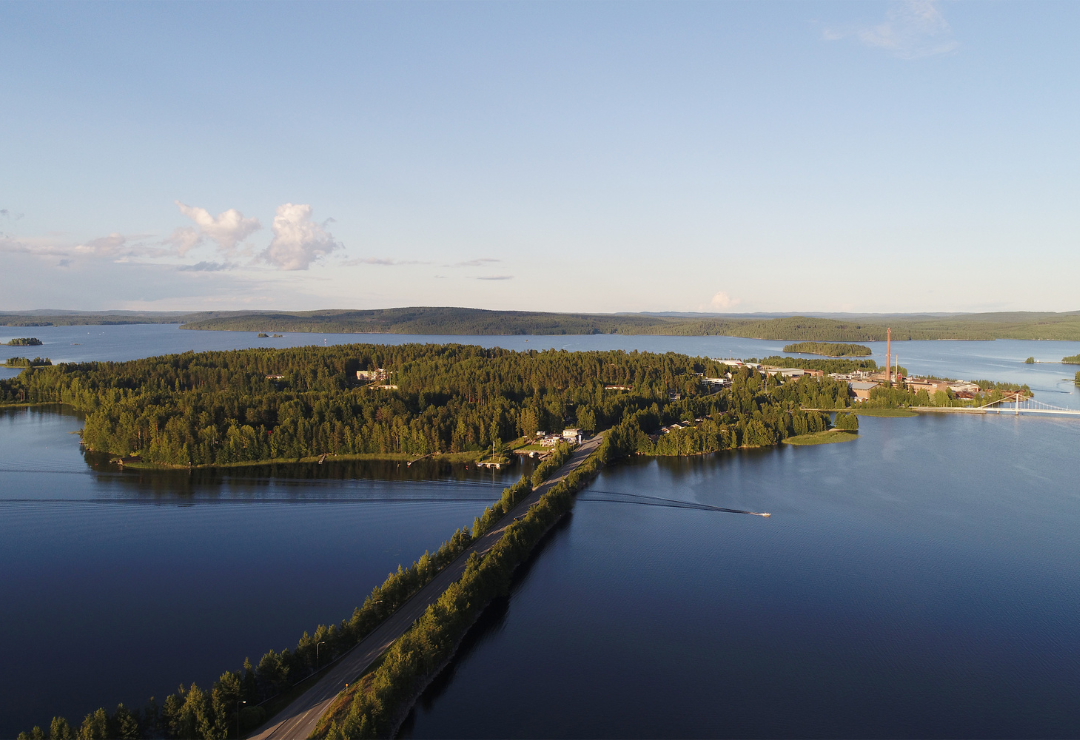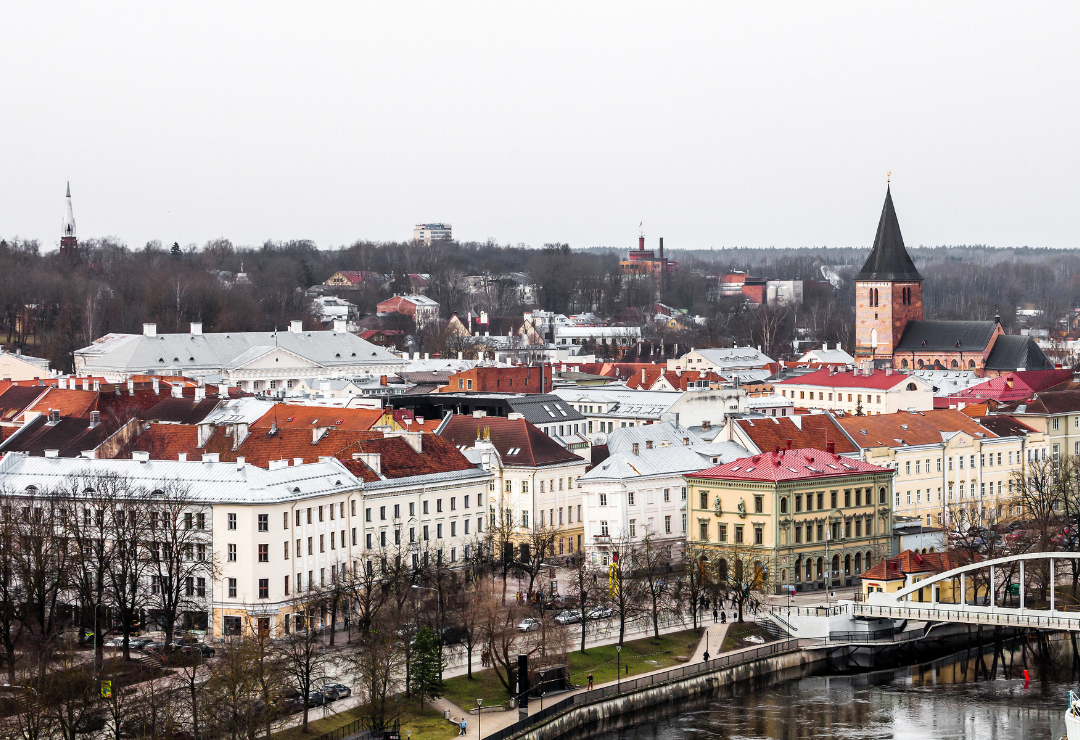

Jyväskylä-Tartu city-to-city exchange for improved social inclusion via culture
About the project
Jyväskylä recognizes the importance of arts and culture in fostering sustainable urban development, as outlined in its 2022–2025 city strategy. The strategy highlights the role of well-being, participation, and community-building in the city’s vision of becoming a growing, international hub of education and culture. Jyväskylä's cultural plan emphasizes creating accessible, low-barrier platforms for interaction between citizens and cultural actors, with the long-term goal of enhancing the city center’s role as a cultural hub, culminating in a bid for European Capital of Culture in 2040.
Challenges
Jyväskylä's city centre is one of the busiest in Finland with art and culture constantly present in the urban environment. The city wishes to use well-being, participation, and community as key elements to transforming the city into a vibrant international center of education and culture. However, challenges persist:
-
how to foster a sense of inclusion, making the urban environment welcoming and appealing to both citizens and tourists?
-
How can Jyväskylä, like many cities across Europe, address the emptying of commercial premises and find new ways to revitalize its city center?
-
How to evaluate the importance of its arts and cultural institutions in terms of their impact on the city center’s attractiveness, the quality of life for residents, and the experience of visitors?
Proposed solutions
Tartu is the European Capital of Culture in 2024. The city:
-
has a long history of citizen participation and spatial development.
-
can share cultural research and insights facilitating comparative analysis on cultural participation and help strengthen Jyväskylä's cultural strategy.
-
can provide inspiration on the preparation for the role of European Capital of Culture, namely on how to foster co-creation through networks that connect cultural event organizers and partners in arts, sciences, and entrepreneurship.